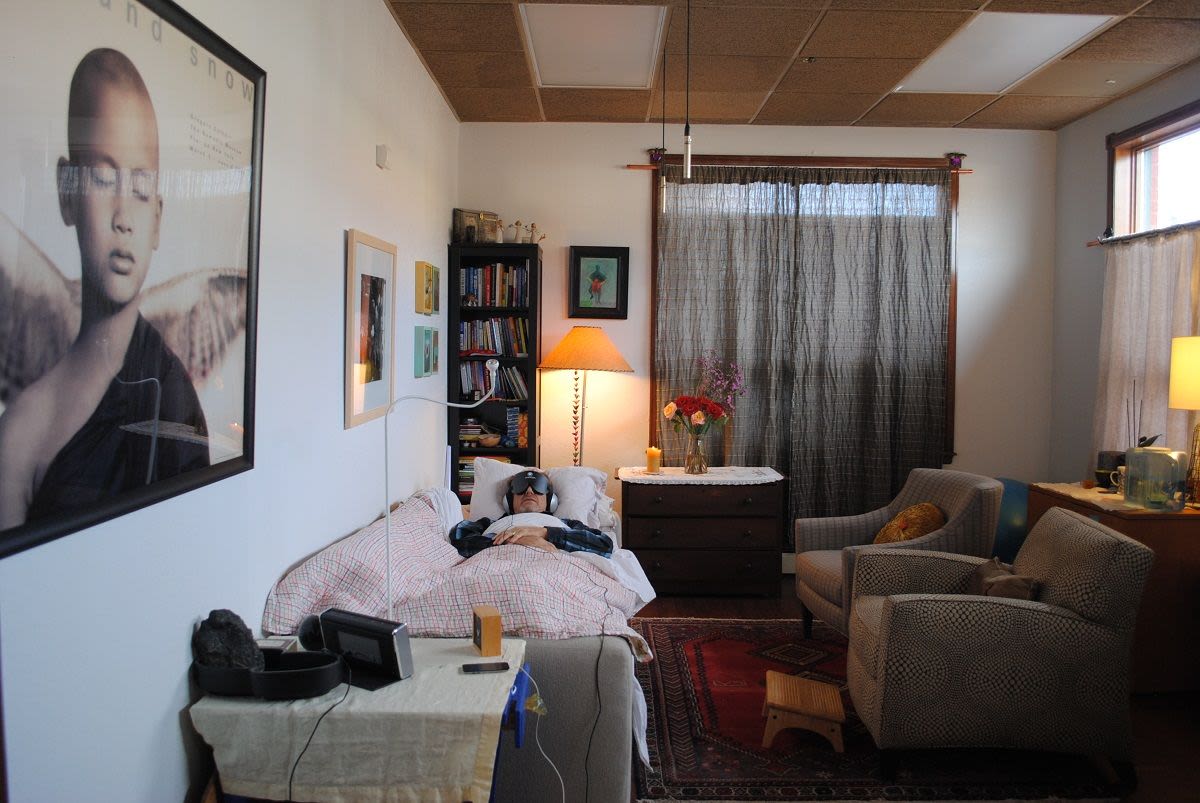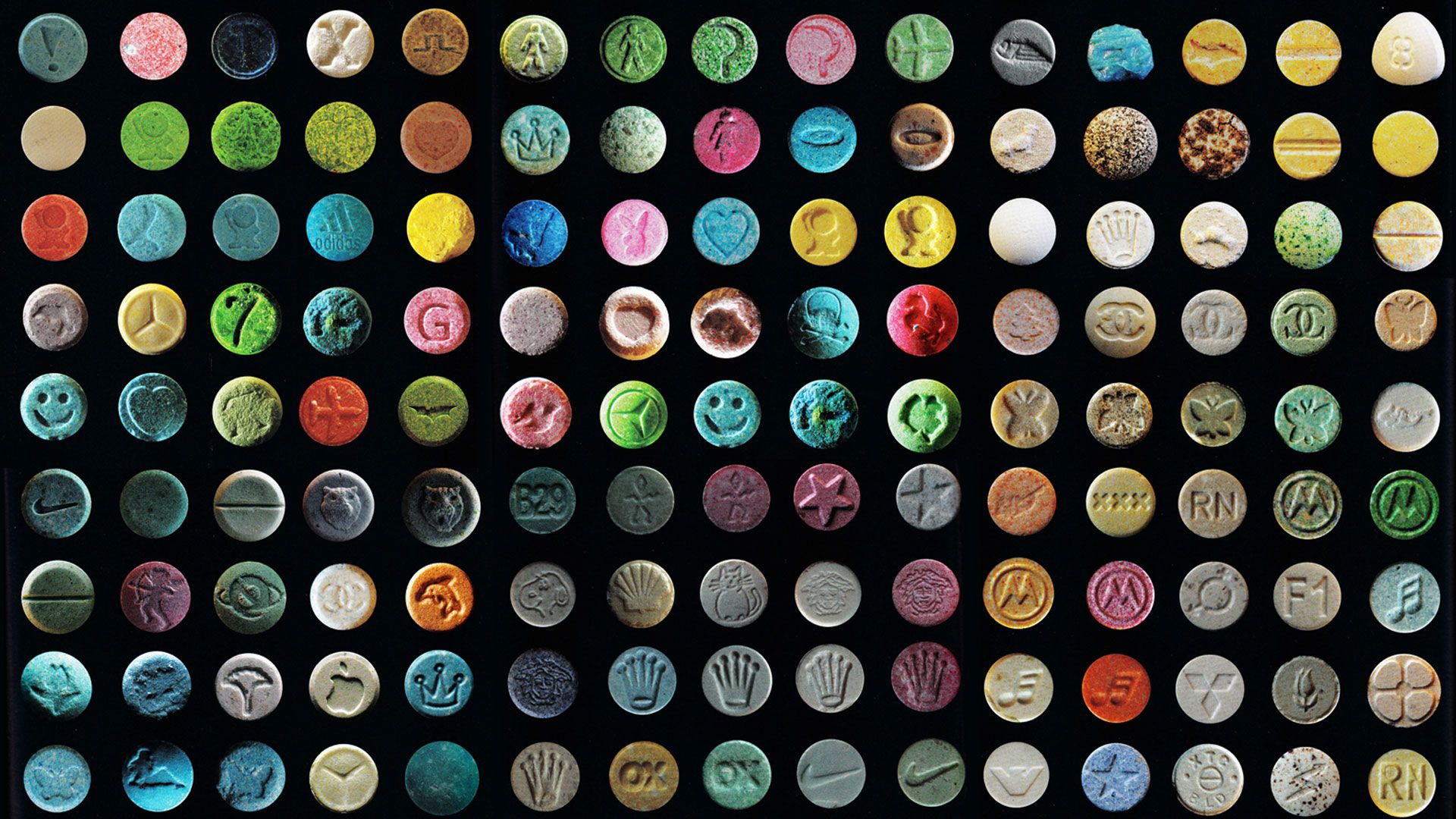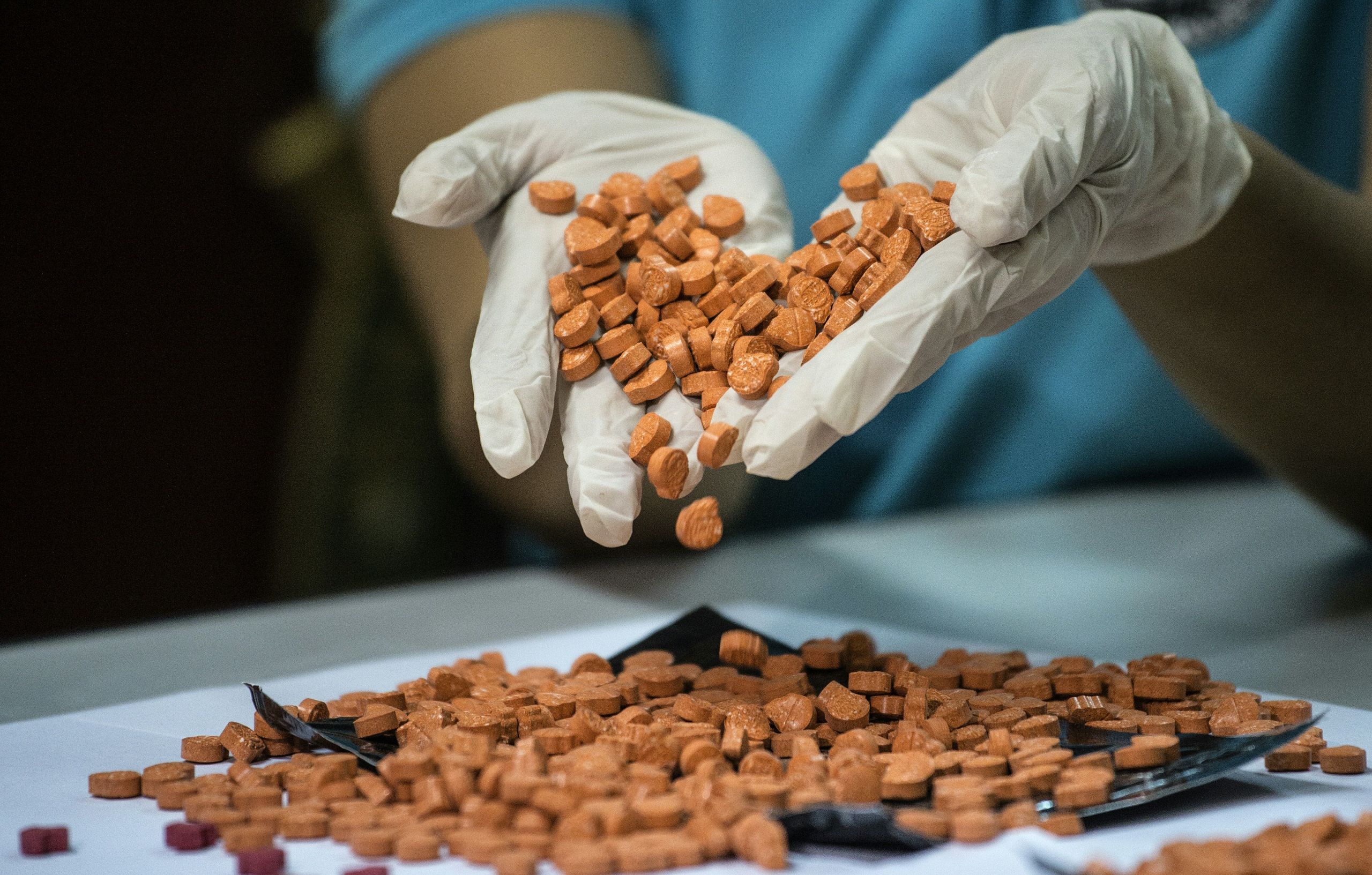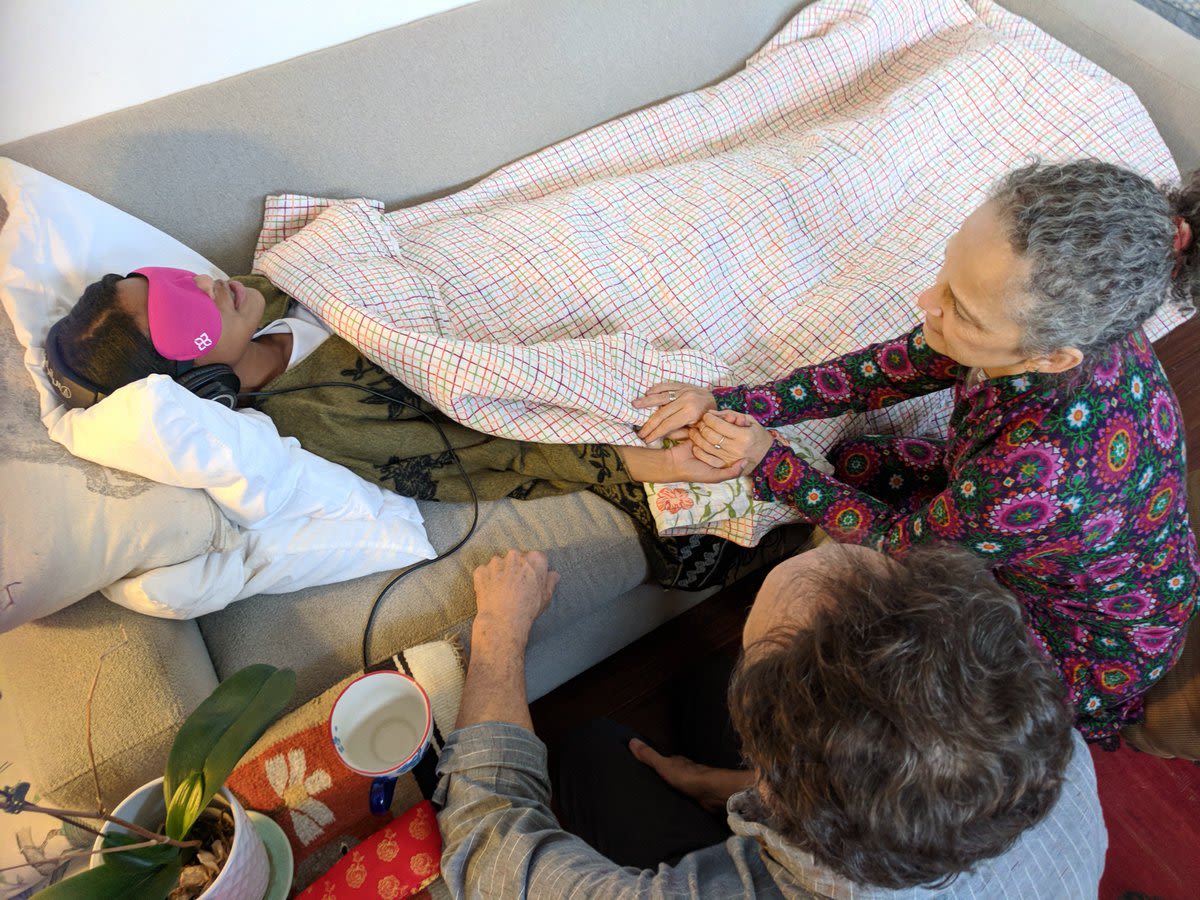MDMA-Assisted Psychotherapy
One organization has been leading the fight to legalize the use of MDMA for therapy for the past 30 years.
And they're about to win.

History of MDMA
3,4-Methylenedioxymethampethamine (MDMA) is making a revival in the news recently. Once associated with raves and all night dance parties, MDMA is now being totted as a 'breakthrough' medication for PTSD, depression, and anxiety. Michael Pollan, journalist, professor, and American author, released "How to Change Your Mind" in 2018, detailing his experimentation with psychedelics, and where he reported on the status of MDMA's current petition to be approved by the FDA.
MDMA, otherwise known as 'ecstasy,' or 'molly,' has been linked to a handful of deaths in the news. The most common scenario has been users who've overheated in an all night dance party or had heart complications resulting in death. In addition, rumors of permanent brain damage and the prevalence of impurities heightened people's fears.

But MDMA has been quietly making a revival. Since being designated a Schedule-1 drug, The Multidisciplinary Association for Psychedelic Studies (MAPS) has been fighting to get it approved by the FDA and made legal for therapeutic use. As of 2016, it has passed Phase 2 FDA trials, and in early 2019 MAPS will begin the final phase of clinical trials, estimated to be completed by 2021.
If approved, MDMA will be the first drug to ever be brought to market by a non-profit.
But even before its approval, those in the psychedelic community have high hopes. This semi-underground community predominates in New York, San Francisco, and Los Angeles, and many believe in the immense potential of this medicine.
What really drives drug abuse is trauma...when you reduce the trauma, you reduce their desire to escape in drugs
What many are so excited about is the findings so far in MDMA's ability to treat PTSD and trauma. The success of MDMA has helped it receive 'Break Through" status, and some in the Pittsburgh area are already looking ahead to bring MDMA clinics to this community. And Pittsburgh may be just the right city to lead the country in MDMA assisted psychotherapy.


Pittsburgh MDMA
Assisted Therapy
Through the FDA's 'Expanded Access' program, MDMA-Assisted psychotherapy can be brought to Pittsburgh, now. There is a coalition of medical professionals and administrators who are currently working to create a clinic to serve Pennsylvania residents.

Pittsburgh Ready For MDMA Clinics
One of the reasons Pittsburgh may be the best place to start this program is because its the place with the most need. MDMA's effectiveness with treating PTSD has helped it win allies, and one of the populations most in need of this treatment are veterans. Pennsylvania has the 4th highest number of veterans in the country.
The results so far have been promising. The success rates have been impressive, 83% of participants reported no longer suffering from PTSD 2 months after their session. Of the 780 participants across numerous studies, only 1 had an adverse event. A long term follow up showed that the benefits persisted well past their initial experience.
Some even think MDMA will help usher in a revolution for research in other psychedelic medicines like LSD, psilocybin, or ibogaine. In fact, studies at Johns Hopkins, UCLA, and NYU has been running for nearly a decade now.
Some of the testimonies from the Phase 2 trials have sparked interest in the effects of MDMA. The Phase 3 trials are currently dispersed across the country in New York, San Francisco, Charleston, Colorado, and many more, and interest in participating has out-paced time and resources.
But individuals can get access to MDMA through a program called "Expanded Access" whereby patients can receive a treatment while it is still in Phase 3 clinical trials. This is reserved for treatments that have shown above average potential, and proven patient safety.
There are approvals and training that is required to handle and administer a Schedule-1 substance, and many in Pittsburgh have already begun the steps necessary to start a clinic in the city. When you hear the testimonials below, you can understand why so many are so hopeful.






